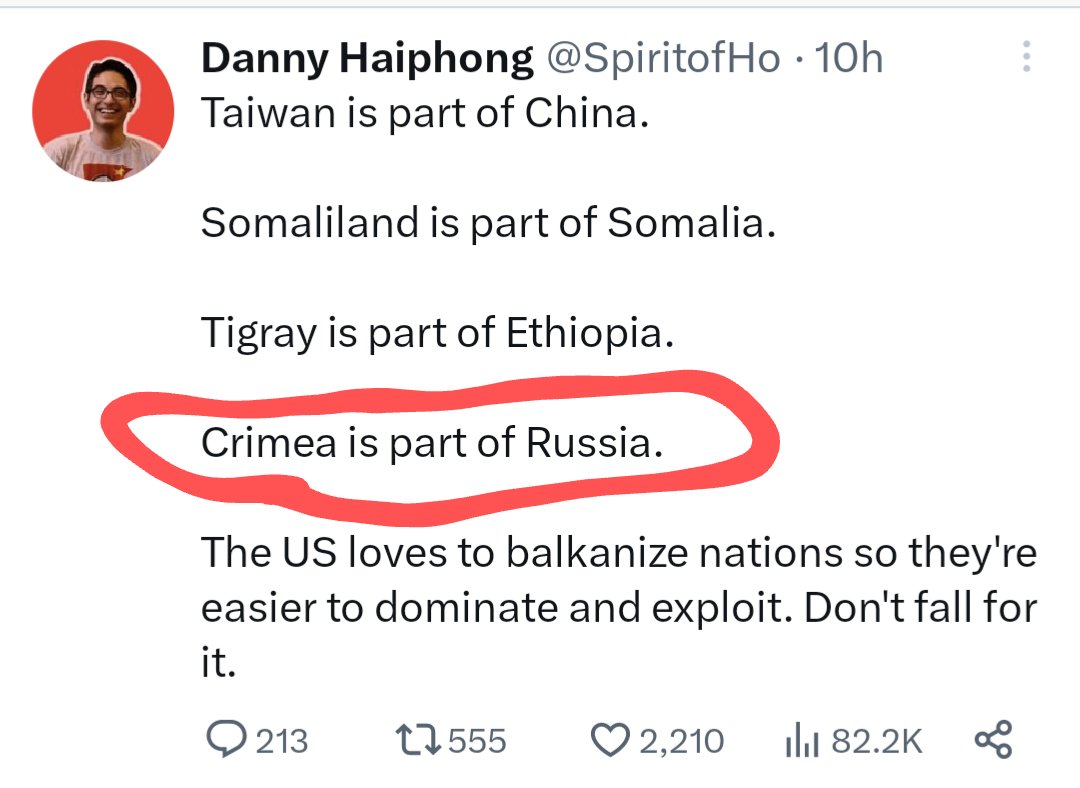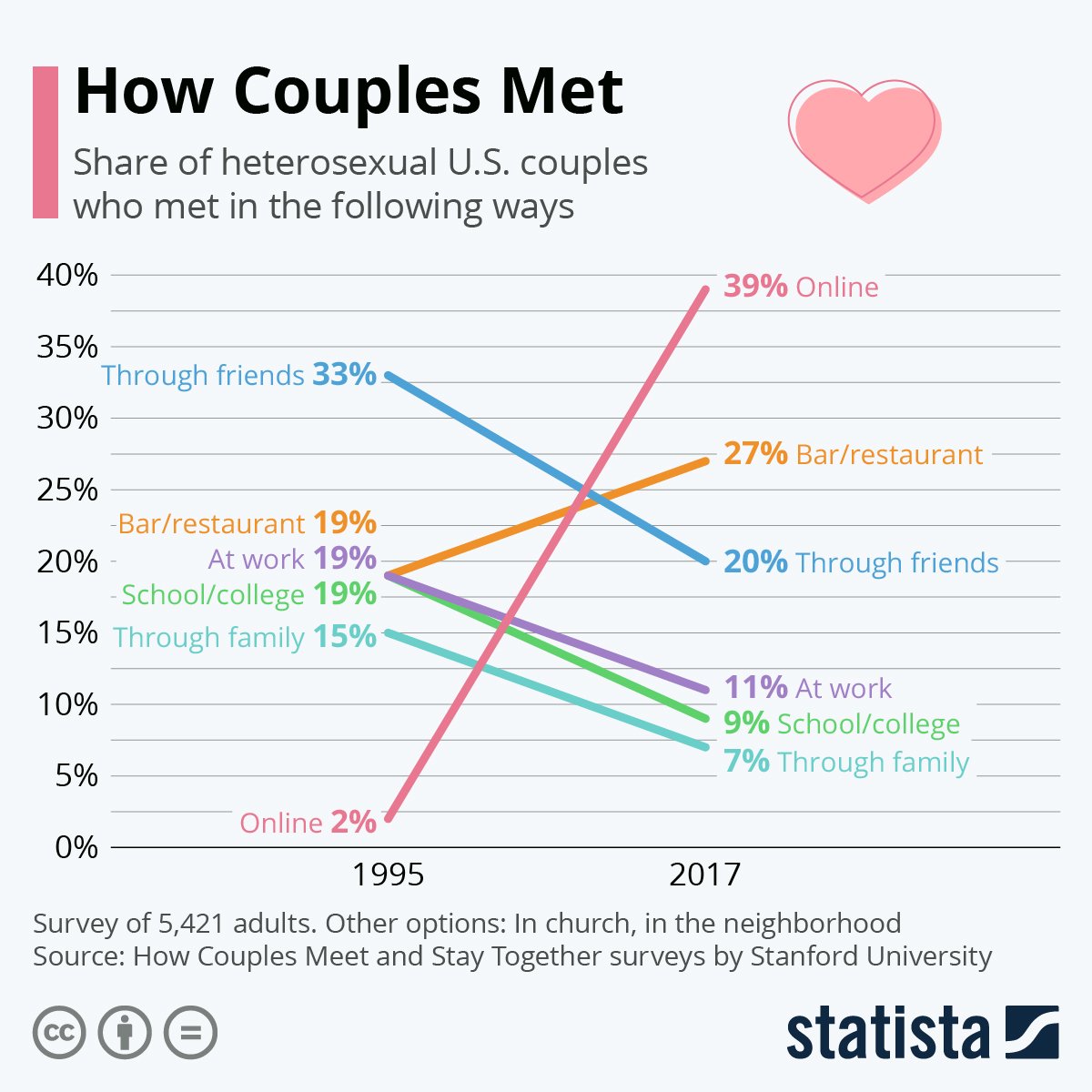1/I think what's going on with Twitter checkmarks is very easy to understand, and has very little to do with Elon being a loose cannon.
It's about trying to pivot from an ad model to a subscription model in the presence of uncertain network effects and switching costs.
It's about trying to pivot from an ad model to a subscription model in the presence of uncertain network effects and switching costs.
2/Twitter isn't good at making people buy stuff, so its ad-based business was always shitty. A bunch of advertisers probably wanted to yank their ads and just used Elon's purchase of the company as an excuse to do so.
3/In fact I wouldn't be surprised if Twitter's old shareholders knew they were living on borrowed time and that's why they jumped at the chance to sell the business. But anyway...
4/So anyway, the only alternative to an ad-based model, for an online content platform, is a subscription model. Elon knows this, so his original plan coming in was to make people pay for Twitter. That's the only way this platform is economically viable.
5/Now we get to *why* Elon decided people would pay for Twitter. Two reasons.
First reason: network effects. If Twitter is THE place to get news, and THE place to talk about news (i.e. scream and fight), then no one who's interested in news can leave.
First reason: network effects. If Twitter is THE place to get news, and THE place to talk about news (i.e. scream and fight), then no one who's interested in news can leave.
6/But staying on the platform is not the same as paying for the premium product. You can still scroll, chat, etc. for free.
Elon's business hypothesis has to be that a sufficient number of Twitter users will pay to be able to use Twitter in some "better" way.
Elon's business hypothesis has to be that a sufficient number of Twitter users will pay to be able to use Twitter in some "better" way.
7/There are many features that might make a "premium" Twitter product that people will pay for. Editing tweets, getting a special boost for your tweets, writing long tweets, etc.
But Elon doesn't know what that mix of features is. He couldn't know, going in. His hypothesis was… twitter.com/i/web/status/1…
But Elon doesn't know what that mix of features is. He couldn't know, going in. His hypothesis was… twitter.com/i/web/status/1…
8/So that's what he's been doing: Experimenting. Rolling out various features, for one thing. But also threatening to revoke "legacy verified" status from the people he thinks are likely to pay for a premium service. He's probing, trying to suss out what people will pay for.
9/But there's a danger here.
Twitter depends on a strong network effect. This platform sucks, and the only reason we're still on it is because a ton of other people are still on it. Once a critical mass leaves, there's no reason to stay.
Twitter depends on a strong network effect. This platform sucks, and the only reason we're still on it is because a ton of other people are still on it. Once a critical mass leaves, there's no reason to stay.
10/So Elon's experiments are inherently dangerous. If they drive too many power users away, this whole place collapses in short order and Elon just paid tens of billions to become the new MySpace Tom. He can't have that. So he's cautious with the experiments.
11/This is why you see a lot of rapid reversals, bold declarations of intent that end up not happening, etc.
Elon is probing to find out what people will pay for, but can't afford to probe too boldly for fear of killing the network effect and thus killing the company.
Elon is probing to find out what people will pay for, but can't afford to probe too boldly for fear of killing the network effect and thus killing the company.
12/Fortunately for Elon, he does have one powerful ally on his side: switching costs. Twitter people have made their digital home here, in this rancid sewer. And to find a new home is always a jarring, dislocating experience.
So Elon can push quite a bit without triggering a… twitter.com/i/web/status/1…
So Elon can push quite a bit without triggering a… twitter.com/i/web/status/1…
13/Of course the longer term problem is that young people aren't that interested in Twitter (because frankly it's obsolete and it sucks). But Elon is hoping to execute a turnaround well before generational turnover starts to bite. 

15/Anyway, so this is basically what's happening with Twitter: Elon is probing and experimenting to find the package of features that will get people to pay for Twitter without making them leave, and racing to do it in time to replace the defunct ads business.
16/If there's no feature package that will make Twitter a sustainable subscription based business, then Elon's business hypothesis was wrong from day 1, and he loses some money and Twitter doesn't survive as a profitable going concern and we all find better things to do.
17/What's also interesting -- and what I haven't seen anyone point out yet -- is that whether or not Elon succeeds here, his stint as an attempted turnaround CEO for a dying legacy social media company is keeping him from doing anything in generative AI...
(end)
(end)
• • •
Missing some Tweet in this thread? You can try to
force a refresh

 Read on Twitter
Read on Twitter





